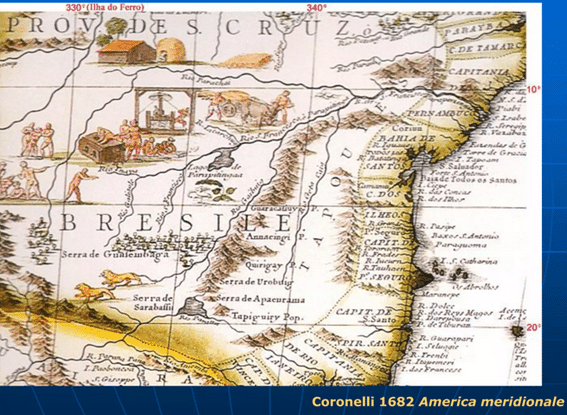Portuguese Decolonization
Decolonizition took 13-14 years of war in the continental African colonies of Guinea-Bissau, Angola and Mozambique. Civilian African casualties were estimated at around 100 thousand deaths, some of them in massacres, the most scandalous of which in Wiriyamu (Viriamu) and surrounding villages of Mozambique was estimated at 385-500 deaths happened December 16, 1972.
Others worth mentioning include the one in Batepá, on the island of S. Tomé, around forced labour in 1953, after the slavery on the island would have been abolished in 1875. Estimates of the number of deaths vary from fifty to over thousand. Tens of striking Pidjiguiti harbour workers would have been killed by Portuguese forces at the Guinea capital of Bissau on August 3, 1959.
Angola, Mozambique and Guinea-Bissau gained their independence from Portugal after more than a decade of war. Hundreds of thousands of Portuguese left hastily and the Portuguese army leaves behind thousands of local men who had fought in its ranks. By this time, the west-African archipelagos Cape Vert and S. Tomé & Principe won their independence too, but without armed conflict. Estimated casualties during the 13 years of war on all fronts range from 8 to 9,500 deaths of Portuguese soldiers, depending on source.
The sources are not clear as to the inclusiveness of these numbers. Probably they exclude civilians of all races and sides, and refer only to regular army casualties in combat and other combat related circumstances. A lot more than these were wounded (estimated at 30,000) and suffer from post-traumatic stress. Relative to the US Army casualties in the Vietnam War the Portuguese Army casualties in its Colonial Wars, proportionally to respective population, were about 3.6 times higher. Portugal was the first European power on the African continent (Ceuta 1415) and the last to leave.
Read more: Mozambique



1 Comment
Virgílio A. P. Machado
I strongly disagree with the title of this chapter (to start from the beginning). Portugal held several territories overseas, that were, at a certain point in time, called colonies, for a short period of time. They were Portuguese territories, occupied or conquered, like Portugal itself, in the Iberian Peninsula. In the seventies, most of those territories were abandoned and given to communist regimes, with tragic consequences for them. Suggested new title: “Portugal’s loss of overseas territories” and don’t forget Brazil!